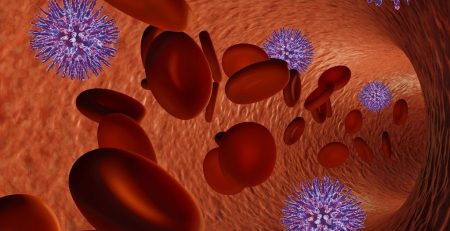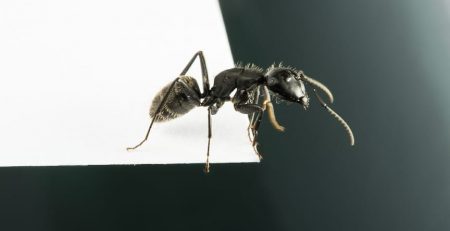New Product Cuts Infection Rate of HIV by 30 Percent
Two studies presented at Boston’s Conference on Retroviruses and Opportunistic Infections last week suggest that a new product may help stop the spread of HIV, according to Boston Magazine.
A vaginal ring has been developed that continuously releases the drug dapivirine for four weeks, and both studies showed a reduced incidence of HIV by approximately 30 percent.
In both studies – the first tested with almost 3,500 women between the ages of 18 and 45 living in five African nations and the second with about 2,000 women of the same age in two African countries – the ring was significantly less effective in women under 21, however, overall women given dapivirine had a 27 and 37 percent lower infection rate compared to a placebo, respectively.
The ring is 2.5 inches across and made of silicone. It is inserted into and left in the vagina for a month and then replaced. It is extremely afforadable at only $5, does not need to be refrigerated, and has a shelf life of 5 years. It does not require a partners’ permission or cooperation to use it, as the female user can insert the ring herself, and once in place neither the user or her partner can feel it.
While protection may not be complete, the reserachers believe that the device is still a major advance, and that it is the most promising HIV prevention tool to date.
“The hope was to find something that could be usable enough by women that it would provide HIV protection, and that’s what we got,” Dr. Jared M. Baeten from the University of Washington told The New York Times. “It gives me tremendous optimism.”














